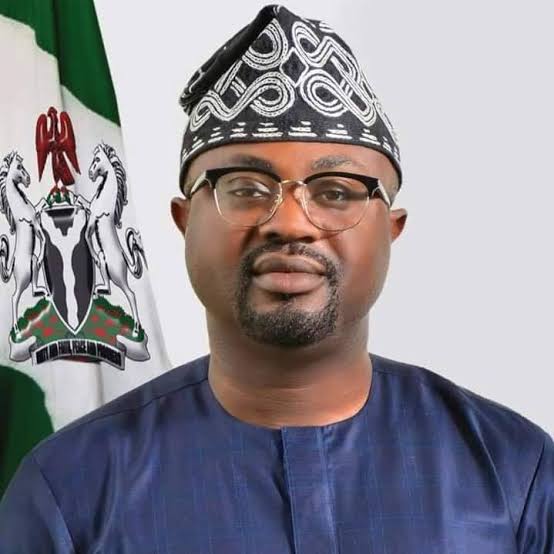The Federal Government has declared December 25 and 26 as public holidays for the 2023 Christmas and Boxing Day celebrations.
It also declared Monday, January 1, 2024 as a public holiday for New Year’s Day festivities.
“The Federal Government has declared Monday 25th, Tuesday 26th December, 2023 and Monday, January, 1st 2024 as public holidays to mark Christmas and New Year Day celebrations, respectively,” the Director Overseeing Office of the Permanent Secretary, Ministry of Interior Peter Egbodo said in a Friday statement.
He quoted the Minister of Interior Dr Olubunmi Tunji-Ojo as making the declaration on behalf of the Federal Government and felicitated Christians and all Nigerians at home and in the Diaspora on the occasion.
“Dr Tunji-Ojo enjoined Christians to emulate the life of Jesus Christ in His practice and teachings of humility, service, compassion, and patience. peace and righteousness that His birth signifies,” he added.
Related news
- Nigerian Govt Declares Public Holidays for Christmas and New Year
- Celebrating Christmas, Not Their christmas
“He emphasized that peace and security are critical prerequisites for economic development and prosperity.”
The minister assured that the Federal Government has put measures in place for the security of lives, especially during the celebrations.
But Tunji-Ojo called on Nigerians to be “security conscious, and report any suspicious persons or activities to the nearest security agencies.”
According to him, the Yuletide season calls for discipline to protect the lives and properties nationwide.
“Dr Tunji-Ojo admonished all Citizens to remain focused that, the year 2024 will be a better year with the Renewed Hope agenda of the President. The Minister wishes all Nigerians, especially Christians a happy Christmas and a peaceful and prosperous New Year celebration,” the statement further read.
President Bola Ahmed Tinubu, who came to power at the helm of Africa’s largest economy in May, launched an ambitious reform agenda to attract investment and address a cost-of-living crisis.
He ended a ‘scam’ called fuel subsidy and lifted restrictions on the naira currency.
Since then, fuel prices have tripled, the naira has lost 41 percent of its value against the dollar on the official currency market and, according to the World Bank, food prices have surged more than 31 percent.
Overall inflation exceeded 28 percent in November. Poverty in Africa’s most populous nation rose from 40 percent in 2018 to 46 percent this year, the World Bank said. The lives of some 104 million people — or nearly half the population — are blighted by poverty.

